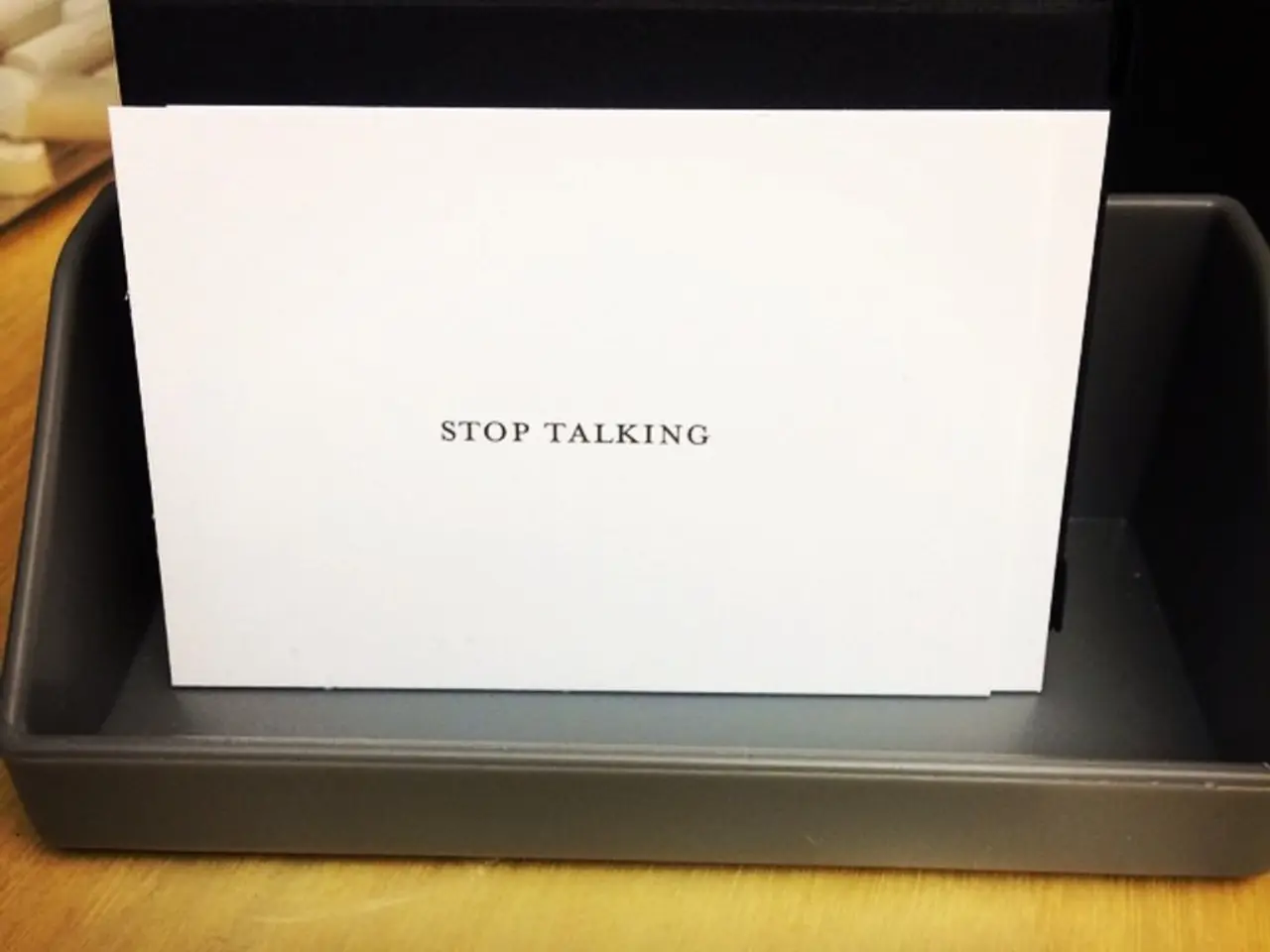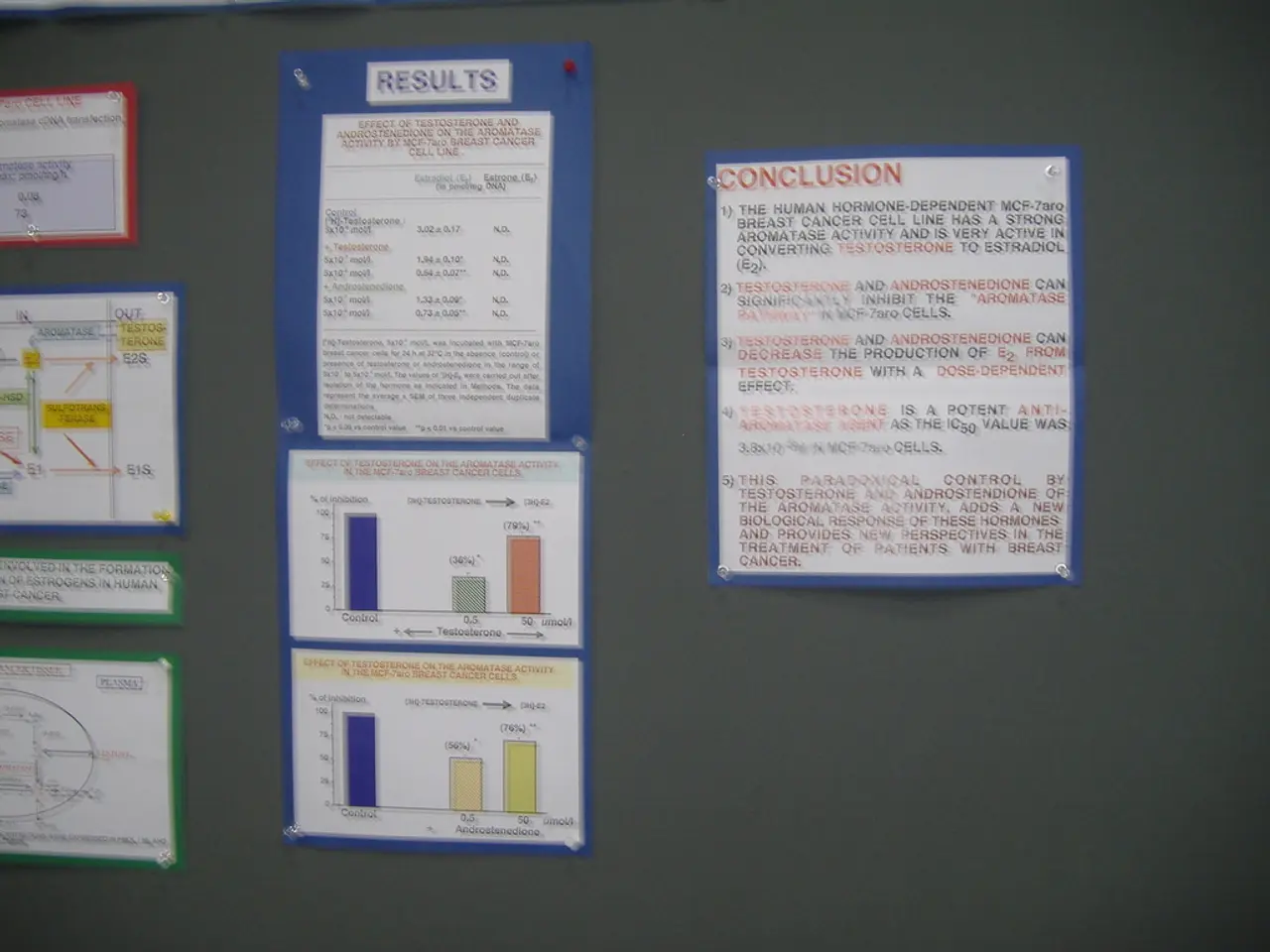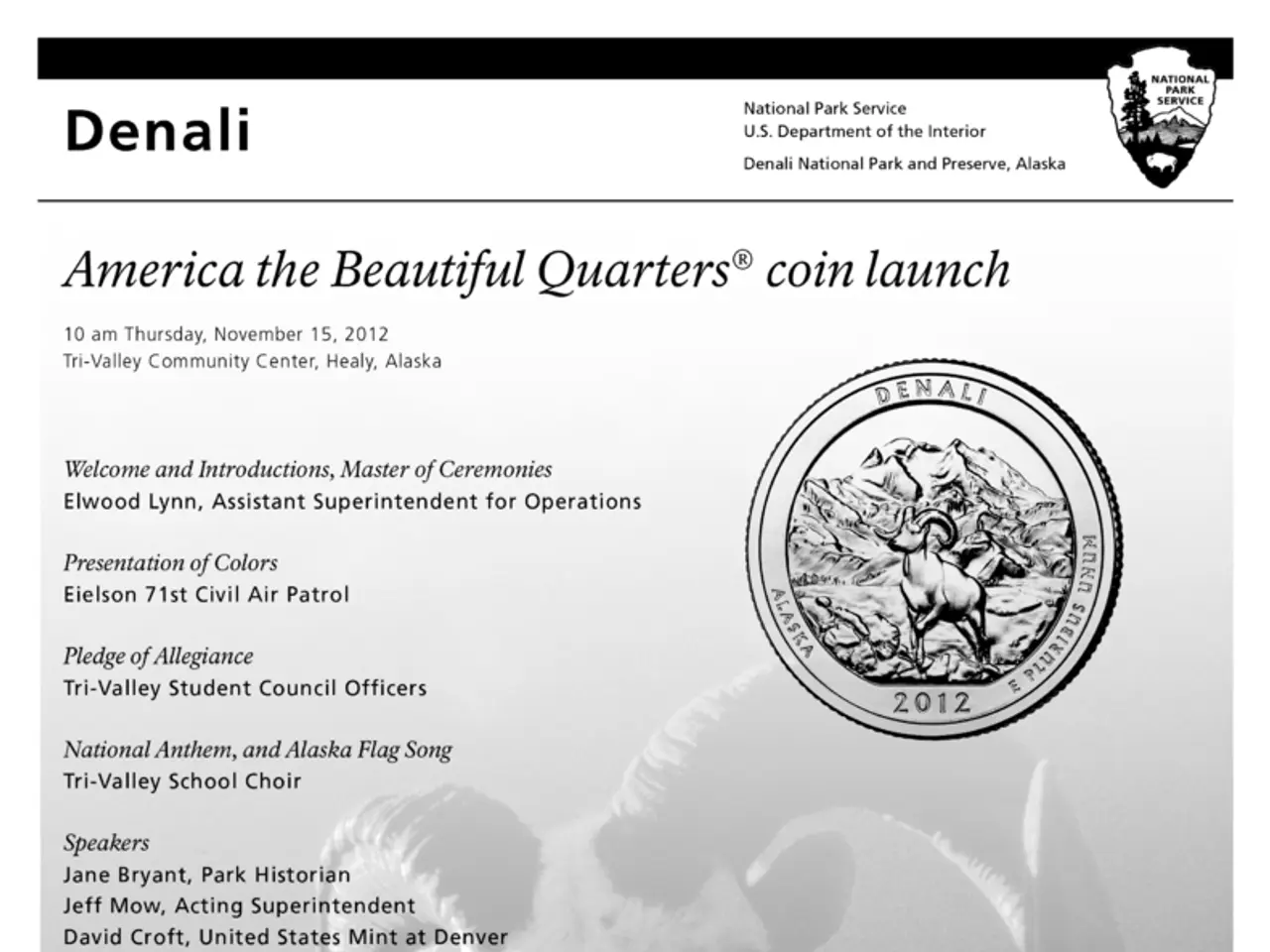Philadelphia City Council's Proposed Ban on Skill Game Operations Faces Opposition from Pennsylvania Industry Players
Fight for Pace-O-Matic: The Gambling Saga in Philly
It's all systems go in the city of Philadelphia, as G&B Amusements and Tariq Jalil, a local 7-Eleven franchise owner, join forces to challenge the city's ban on Pace-O-Matic (POM) gaming machines. Their legal crusade aims to keep these devices operational despite the municipal ban, which was recently passed by the Philadelphia City Council.
Last week, the Council decided to outlaw these devices from any establishment without a liquor license and a minimum of 30 seats. Interestingly, this decision came just two days after the state's Supreme Court upheld a lower court ruling allowing the machines. Notably, exempted locations, such as taverns, bars, and clubs, will still be permitted to house less than five machines.
On the same day the legislation passed, a lawsuit was filed against the city on behalf of Philly business owners. Mike Barley, a spokesperson for Pennsylvania Skill powered by Pace-O-Matic, has indicated that the legal action is a direct response to the Council's vote.
According to Barley, the move is necessary to safeguard the interests of hardworking Philadelphia business owners. In a statement provided to Bonus, he emphasized that the ordinance violates both the state and federal constitutions in numerous ways.
The legal status of these skill games has been a subject of controversy, with Pennsylvania battling to regulate and stamp out the gray market. In the past, after authorities raided skill game businesses and confiscated profits, the business owners sued, arguing for the devices' legality. Notably, the Commonwealth Court ruled in favor of the plaintiffs, agreeing that POM and another manufacturer's products are indeed "games of skill."
Despite the ban, proponents of skill games are advocating for regulation rather than a complete ban. Governor Josh Shapiro has proposed a 42% tax rate as part of his upcoming budget, aiming to regulate and tax these legal skill games. This is seen as a potential source of substantial annual tax revenue for the state, estimated at around $300 million. Furthermore, funds from the taxation will aid law enforcement in their efforts to shut down illegal gaming machines.
In a statement, Barley voiced his disappointment at the city council's decision to ban these machines without waiting for pending state legislation to pass. He maintained that the ban would negatively impact countless city businesses and jeopardize their livelihoods. Instead, he urged the council to focus on ridding locations of illegal gambling machines, especially mini-casinos, and leave law-abiding businesses untouched.
The outlook for Pace-O-Matic gaming machines in Philadelphia remains uncertain as the city council's ban faces legal challenges, and state-level legislation and regulation efforts continue to unfold.
- Business owners, led by Mike Barley from Pennsylvania Skill powered by Pace-O-Matic, have taken to legal action against the city of Philadelphia to preserve the operation of Pace-O-Matic gaming machines in their establishments.
- In an effort to regulate and generate revenue, Governor Josh Shapiro has proposed a 42% tax rate on these legal skill games, recognizing their potential to yield around $300 million in annual tax revenue for the state.




